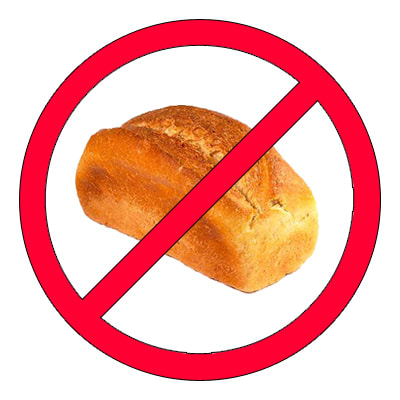The Torah forbids us from having chametz in our possession from noon on Pesach eve until the end of the holiday. But since the Torah states, “no chametz shall be seen to you” (Shemot 13:7), we learn that only chametz we own is included in the prohibition. (Pesachim 5b. All chametz, however, is forbidden to eat.) This limitation seems to be very far reaching, for it is actually forbidden to obtain any benefit from chametz on Pesach (SA OC 443), and when a person is forbidden any benefit in an object his ownership is effectively suspended.
A similar conundrum exists by a pit in the public domain. The Torah tells us that one who digs a pit is liable if an animal falls into it (Shemot 21:33), yet since the damage is done by the pit and not by the digger, it should belong in the category of “damage done by property”. Since a pit in the public domain doesn’t belong to anybody, there should be no liability!
To these difficulties the gemara comments: “There are two things which are not in a person’s possession, yet Scripture considered them as if in his possession. They are: a pit in the public domain and chametz from six hours onwards [i.e. after noon Erev Pesach]” (Pesachim 6b). Practically speaking, this means that nullification of chametz can’t be delayed; if someone doesn’t nullify chametz before Pesach he can’t do so afterwards, because in any case the chametz doesn’t really belong to him.
What is the significance of this cryptic statement, and what is the common denominator of these two prohibitions?
In general, there are two types of commandments in the Torah: commandments applying to our actions, and commandments applying to our possessions. For example, regarding torts, a person is liable for any damage caused by his person and for specific kinds of damages caused by his property. Eating chametz is a forbidden action, whereas the prohibition of possessing chametz applies to our possessions.
In general, the distinction shows that a person has absolute responsibility for his actions, whereas responsibility towards our environment is limited to objects we benefit from. A related approach we have often mentioned is that objects we acquire and enjoy — have a special relationship to our selves; they are like an extension of the self and so our sense of responsibility extends to them as well.
The liability for a pit shows that enjoyment is not the only way we acquire responsibility. When a hazard appears spontaneously, it is the responsibility of the community as a whole to remove it. But when one person creates a hazard, it is his sole responsibility to take care of it, even if he obtains no benefit.
A similar message applies to chametz. Chametz is not only forbidden to eat and benefit from during Pesach; it is necessary to take active steps to eliminate it, as the Torah commands us, “Eliminate (tashbitu) leaven from your houses” (Shemot 12:15). This commandment, which originates with our pre-Pesach ownership, creates an individual responsibility, which can not then be evaded even after our owner- ship is suspended by the prohibition.
Let us connect this idea to the theme of chametz as a symbol for our acquisitive urge. This instinct is not useless or inherently worthless; on the contrary, when used with a proper motivation it can be part of our service of Hashem. But a necessary first stage is to renounce our dependence on it; on Pesach we demonstrate that we begin our service of Hashem in a spirit of modesty and self-effacement; at Shavuot, after the personal growth of the S’fira period and receiving the Torah, we have the ability to use it properly and then we bring the shtei halechem offering which must be chametz.
Delaying the nullification of chametz is in effect an effort to take a short-cut; our spiritual ascent to Matan Torah will not be the full fifty days but rather 49 or even less. By placing the chametz “in our possession” during these days, the Torah tells us that no short cuts are allowed; the purifying effect of the holiday is dependent on entering it in the proper spirit of repentance, and after Pesach begins it’s just too late to get the full benefit of this period of time and our repentance is not completely effective.
Rabbi Asher Meir is the author of the book Meaning in Mitzvot, distributed by Feldheim. The book provides insights into the inner meaning of our daily practices, following the order of the 221 chapters of the Kitzur Shulchan Aruch.
The words of this author reflect his/her own opinions and do not necessarily represent the official position of the Orthodox Union.
